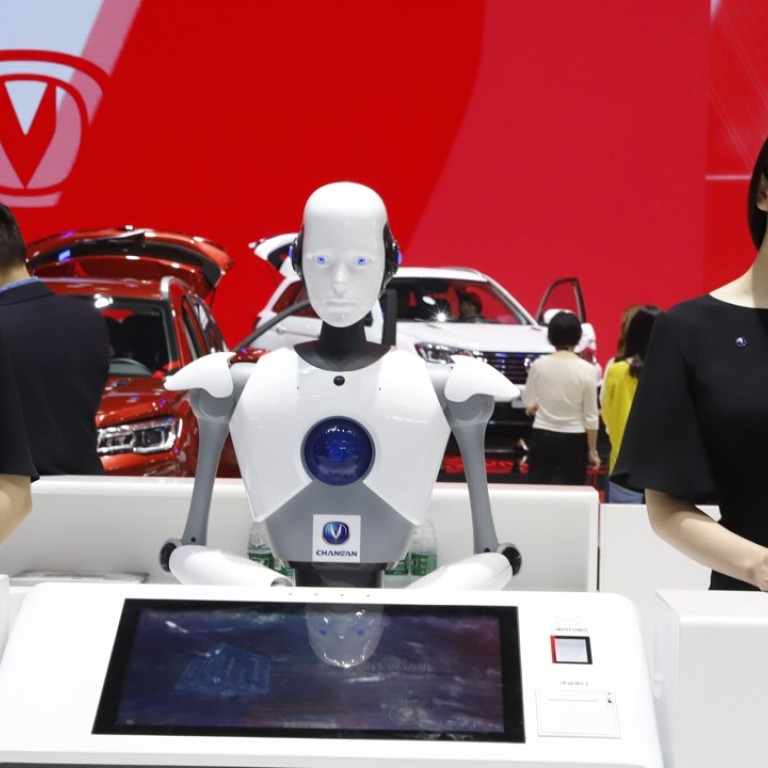
Why there’s no need to fear AI: people just need to adapt
AI is a hot topic around the world, with opinions split over its potential impact on our future. AI is different from conventional robotics because it demonstrates cognitive functions like the human mind, such as learning and problem-solving. As AI can “learn” like humans rather than just follow programming languages and perform set actions, it is seen as a threat to existing jobs.
However, a study by the accountancy giant PricewaterhouseCoopers says that AI will create as many jobs in the UK as will be displaced through automation over the next 20 years, though it also warns that many jobs are likely to change.
With prices reduced because of automation and new technology, real income and spending levels would increase, creating demand for additional and specialised workers, PwC said. The biggest gains are likely to be in health care and social work, with the big losers being manufacturing, transport and storage, and public administration.
Artificial intelligence will change the job market and Hong Kong isn’t ready
All in all, creation of new technologies benefits the world in many ways, but there are various aspects to consider before full implementation. Balancing the fourth industrial revolution with the needs of the real population would be key.
Jacky Tsoi, Tseung Kwan O

